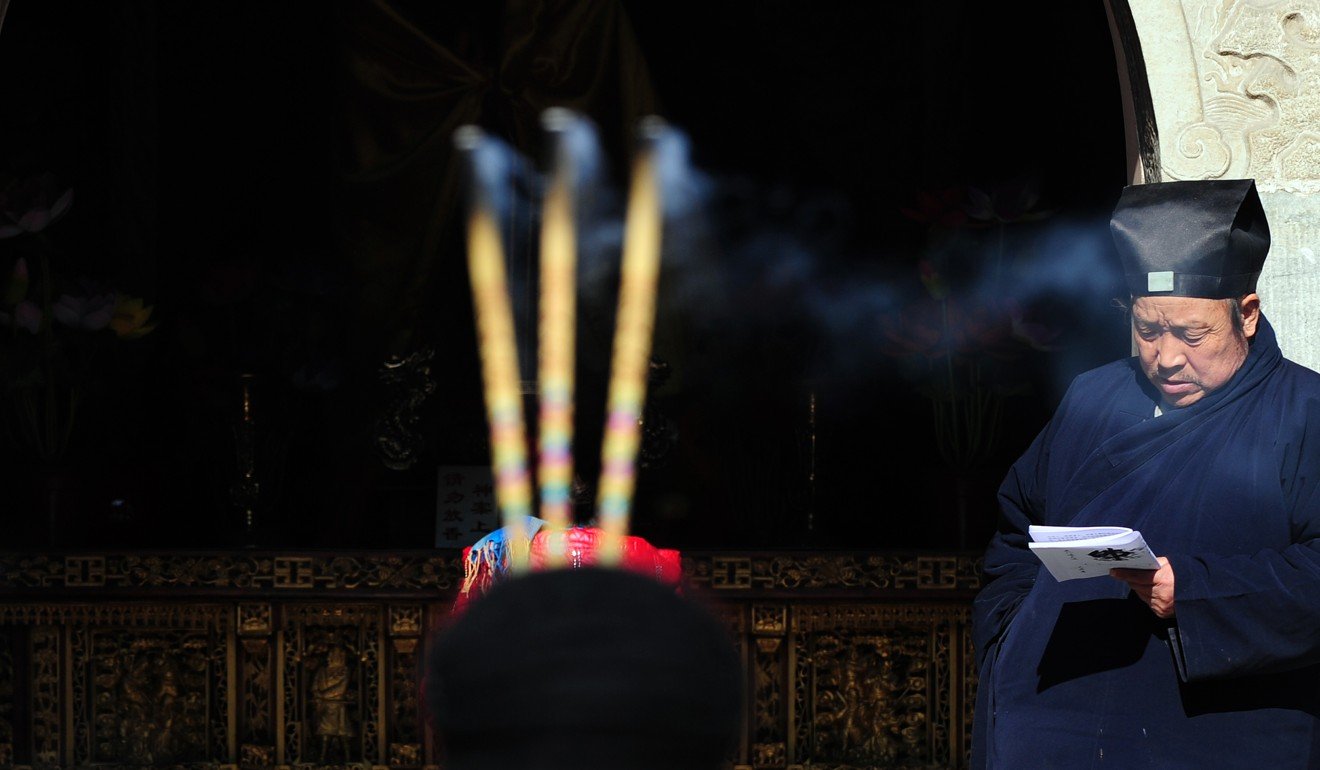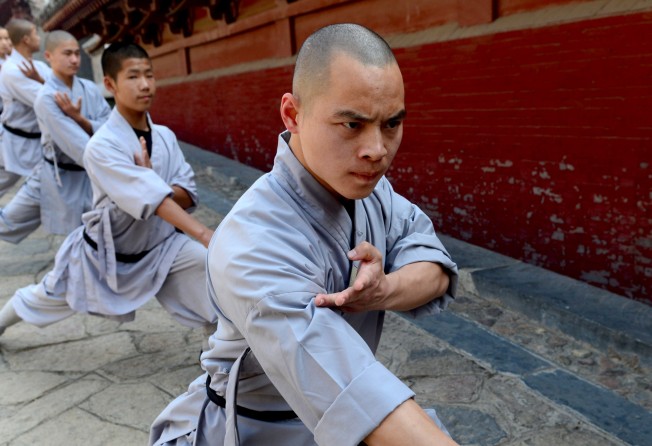
Beijing tightens grip on religion with ban on profit-making activities
Authorities take aim at commercialisation of Buddhism and Taoism in 10-point directive

China is banning commercialisation of Buddhist and Taoist activities as Beijing moves to tighten its grip on religion.
The State Administration for Religious Affairs and 11 other departments rolled out measures to step up governance over commercialisation of the two religions in a 10-point directive released on Thursday which will be implemented by local governments across the nation.
It comes ahead of an updated regulation on religious affairs, which comes into force in February.
Issues to do with commercialising the two religions are a key public concern, according to state news agency Xinhua.
All commercial investment in Buddhism and Taoism is prohibited under the directive, with the basis that their temples are non-profit in nature. The religions are important in Chinese culture and society and some of the country’s most popular tourist attractions revolve around centuries-old Buddhist and Taoist temples.
Investing in or contracting out the operation of temples or other religious venues is also banned, along with any other profit-making activities associated with the two religions.

Local cadres have also specifically been banned from promoting and profiting from religious activities in the name of fostering economic development.
Temples in scenic spots cannot overcharge tourists for entry, while they are banned from building any new large outdoor religious statues. Existing ones will also be under scrutiny.
The directive also states that any revenues gained from religious operations should be used for charity and maintenance purposes only, and religious groups must follow a standard taxation, banking and accounting system.
The measures would protect the religions, according to Xinhua, while maintaining social stability. It added that problems associated with commercialisation could be destructive for Buddhism and Taoism, disrupt normal religious activities and breed corruption.
Nanjing-based religious expert Zhang Zhipeng welcomed the measures as a step forward in tackling issues that had long troubled China’s two oldest religions.
But Zhang said the directive needed to spell out the concept of commercialisation of Buddhism and Taoism so that the rules could be effectively implemented.
“Commercial activities organised by religious groups should be allowed as long as they are charity-based – but this itself can be a very complicated concept as the two religions are closely linked with tourism in China because of history and tradition,” Zhang said.
The Shaolin Temple, which is more than 1,500 years old and is known as the birthplace of Zen Buddhism and Chinese martial arts, has been at the centre of controversy concerning religion and commerce in China in recent years.
In March, the temple and its ”CEO Monk” abbot Shi Yongxin, who has an MBA, came under fire for a plan to build a US$297 million hotel complex in Australia that included a temple, live-in kung fu academy and a golf course.
And back in 2009, the government of Dengfeng, where the temple is located, was criticised after media reported it had signed a framework agreement with a Hong Kong-based company to establish a joint venture that would eventually list Shaolin on the stock market. The city government later said the venture would not manage the temple and denied it planned to list.